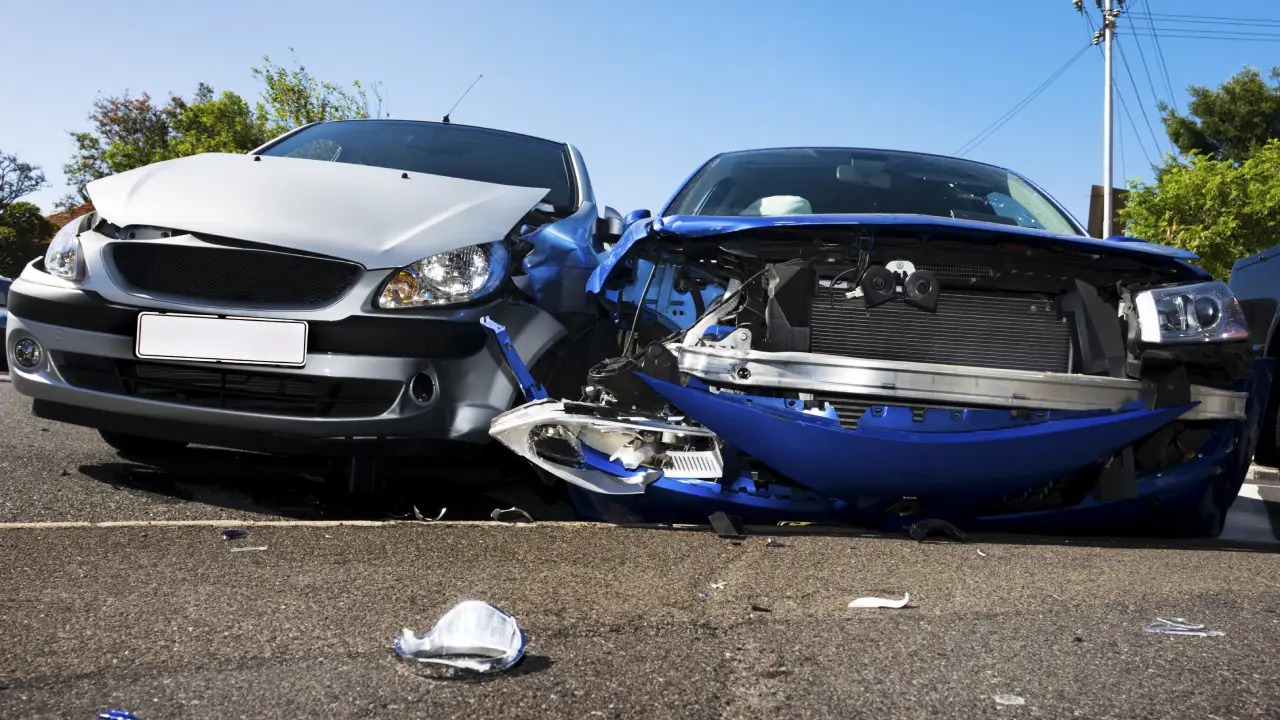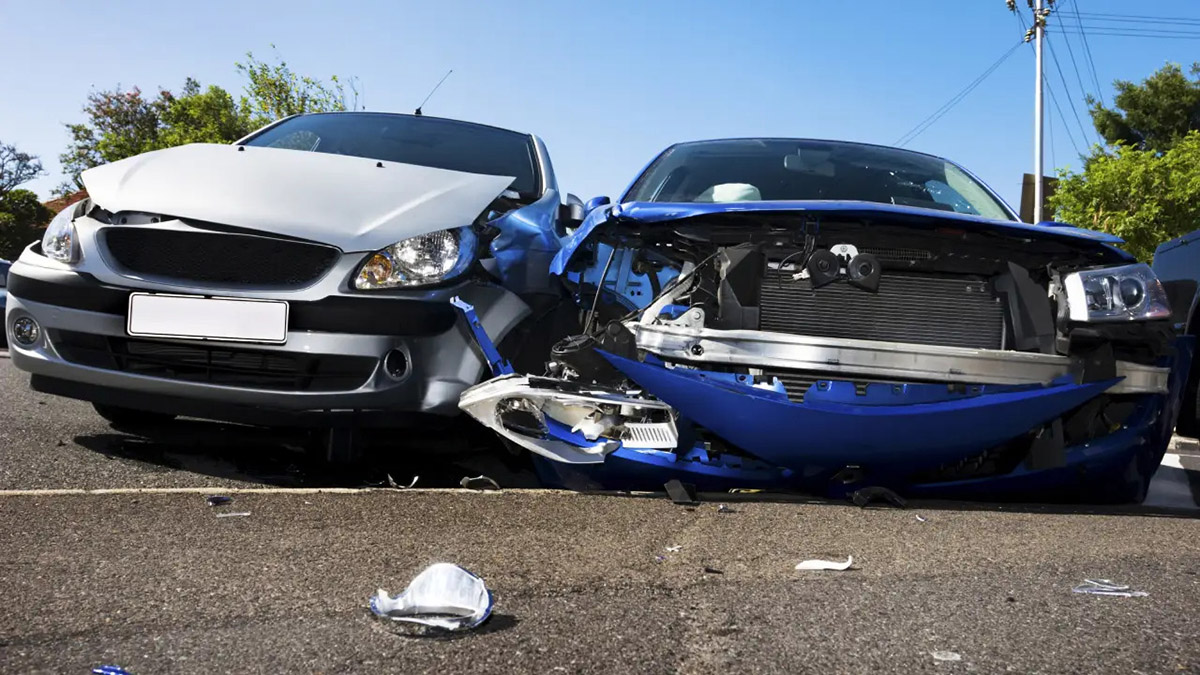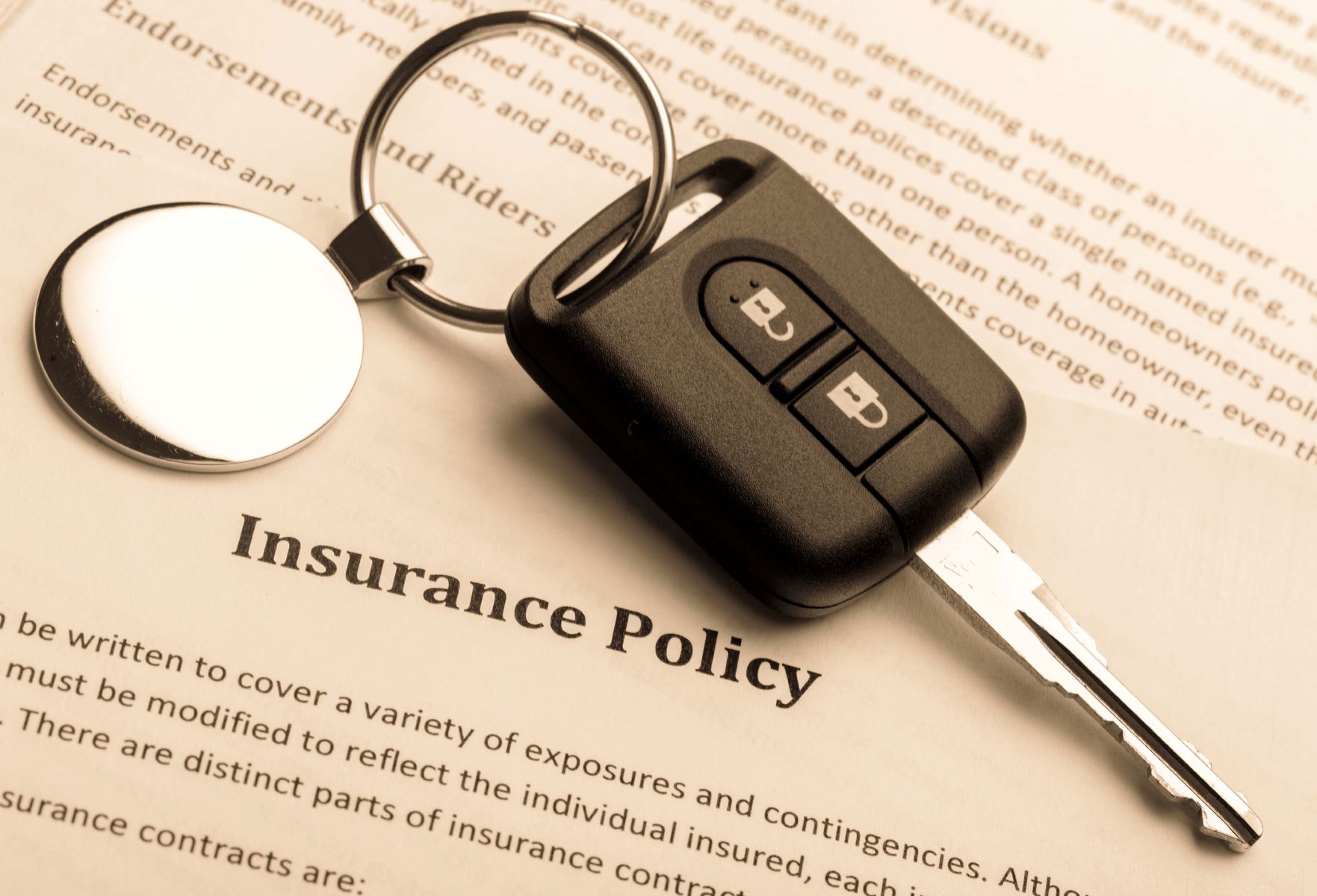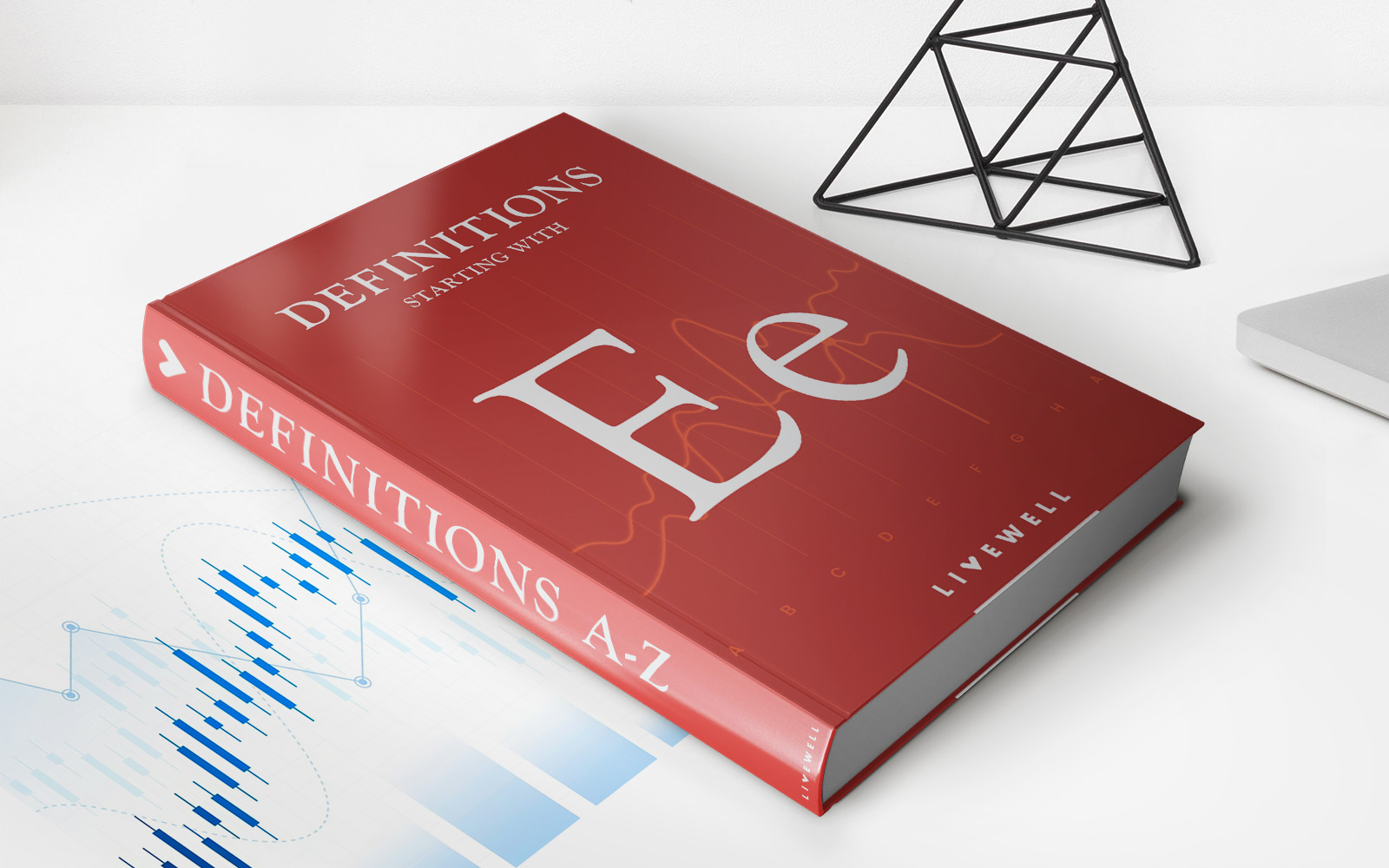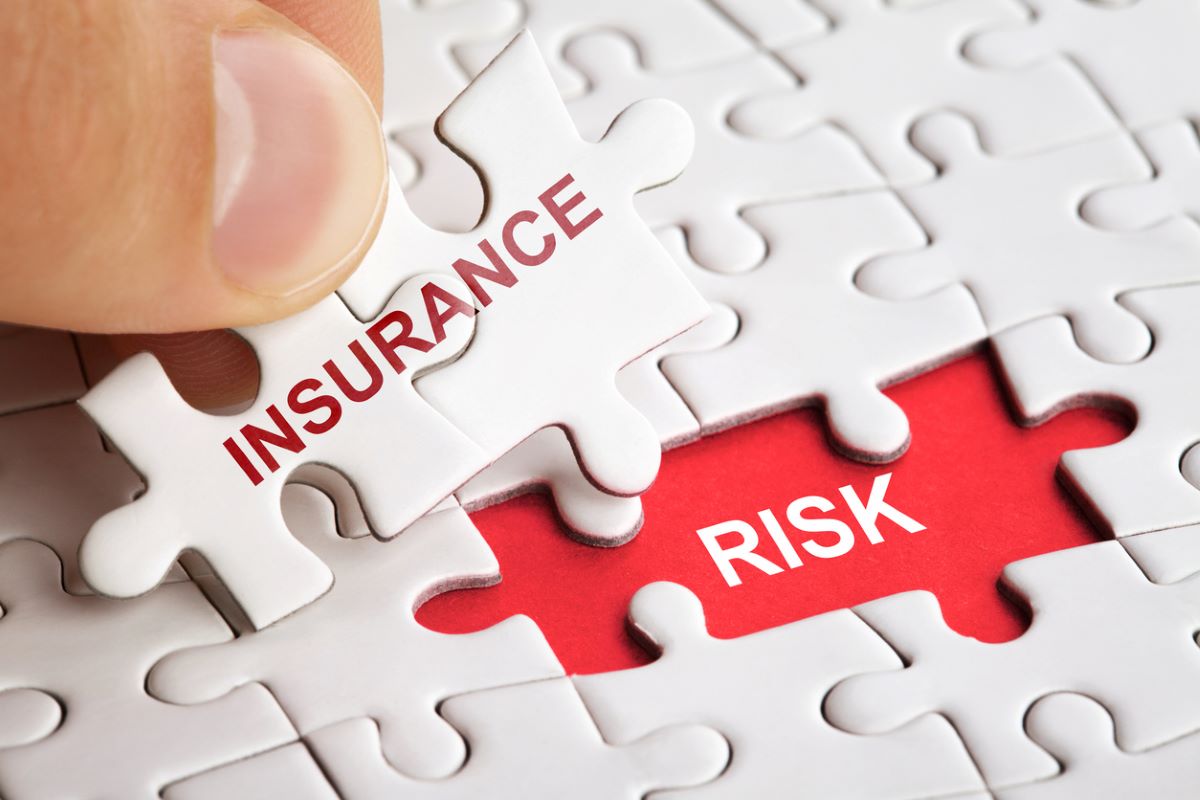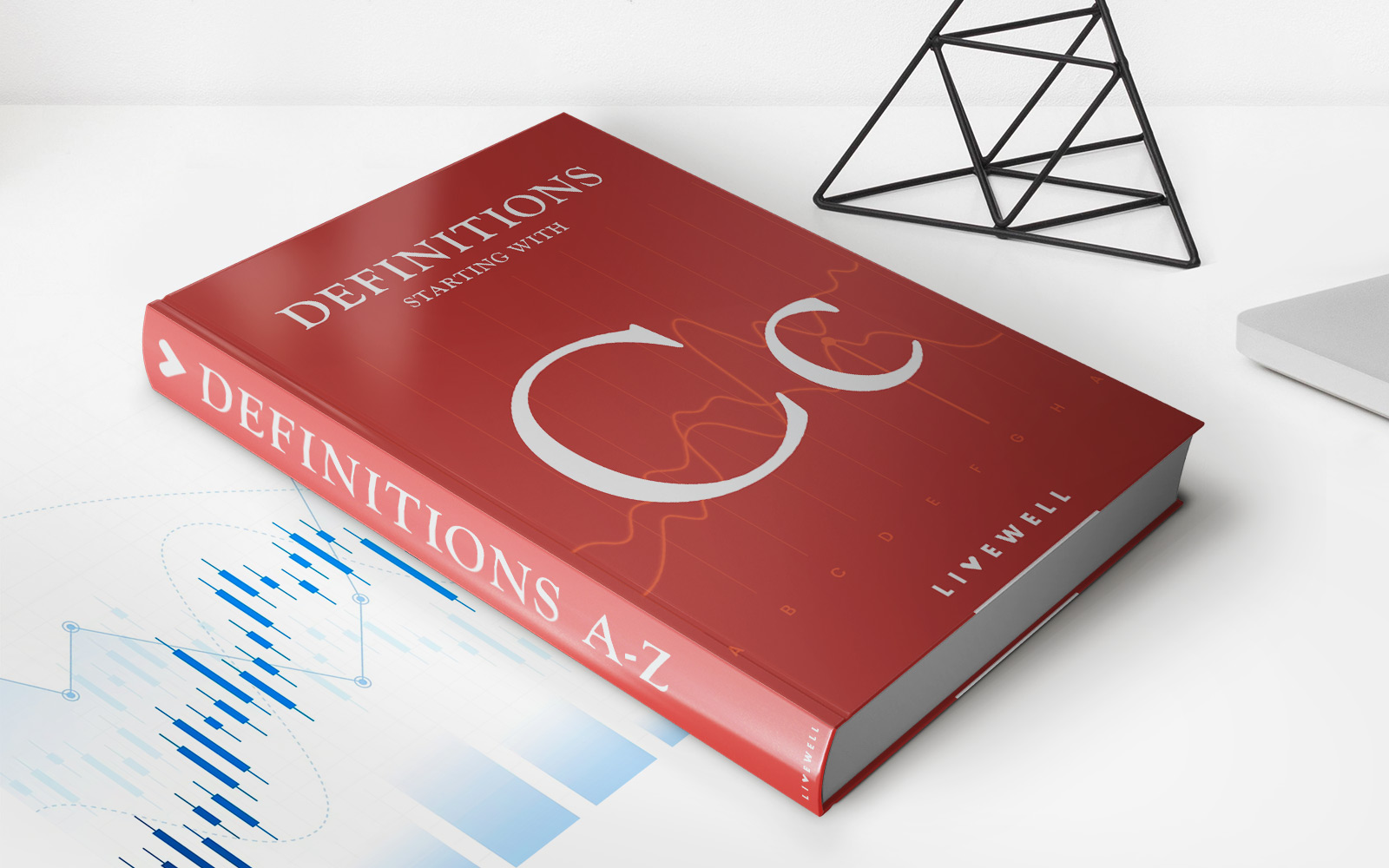Home>Finance>What Happens If Insurance Doesn’t Cover An Accident?


Finance
What Happens If Insurance Doesn’t Cover An Accident?
Published: November 19, 2023
Understanding the financial ramifications of accidents that aren't covered by insurance and how to protect yourself in such situations.
(Many of the links in this article redirect to a specific reviewed product. Your purchase of these products through affiliate links helps to generate commission for LiveWell, at no extra cost. Learn more)
Table of Contents
Introduction
Accidents are an unfortunate reality of life, and no one wants to find themselves in a situation where they need to deal with the aftermath. Fortunately, for many individuals, insurance coverage can provide financial protection in the event of an accident. However, there are instances where insurance may not cover the full extent of the damages, leaving individuals uncertain about what to do next.
In this article, we will explore what happens when insurance doesn’t cover an accident and what options individuals have in such situations. Understanding the limitations of insurance coverage can help you navigate through difficult circumstances and make informed decisions regarding your financial well-being.
Insurance coverage can vary greatly depending on the type of policy, the terms and conditions outlined in the contract, and the provider. It is important to have a clear understanding of the coverage you have and any potential limitations or exclusions before an accident occurs. This knowledge can help you prepare for potential gaps in coverage and take the necessary steps to mitigate the financial burden in the event of an accident.
Next, we will delve into the common reasons why insurance may not cover an accident and the options available to individuals in such situations. By being well-informed and proactive, you can be better prepared to handle the aftermath of an accident and protect your financial interests.
Understanding Insurance Coverage
Before diving into what happens when insurance doesn’t cover an accident, it’s essential to have a solid understanding of how insurance coverage works. Insurance is a contractual agreement between the policyholder and the insurance provider, where the provider agrees to financially compensate the policyholder for specific risks outlined in the policy.
Insurance coverage typically includes a wide range of scenarios, such as auto accidents, home damage, medical expenses, and liability claims. The specific coverage and limits vary depending on the type of insurance policy and the agreement between the policyholder and the insurance provider.
When it comes to auto insurance, for example, there are different types of coverage options, including liability coverage, collision coverage, and comprehensive coverage. Liability coverage protects you in case you are at fault in an accident and are responsible for causing injuries or property damage to others. Collision coverage helps cover the cost of repairing or replacing your vehicle if it is damaged in an accident, regardless of fault. Comprehensive coverage provides protection against non-collision-related incidents, such as theft, vandalism, or natural disasters.
It’s important to carefully review your insurance policy to understand the extent of coverage provided and any limitations or exclusions. This will give you a clear picture of what types of accidents and damages are covered and what may not be covered under your policy.
Insurance policies often have deductibles, which refer to the amount of money the policyholder is responsible for paying out of pocket before the insurance coverage kicks in. Additionally, policies may have coverage limits, which cap the maximum amount the insurance provider will pay out for a particular claim.
Understanding the details of your insurance coverage can help you better evaluate what options are available to you when an accident occurs and your insurance falls short.
Reasons for Insurance Not Covering an Accident
While insurance is designed to provide financial protection in the event of an accident, there are various reasons why insurance may not cover the full extent of the damages. It’s important to be aware of these reasons to avoid any surprises and potential financial setbacks. Here are some common reasons why insurance may not cover an accident:
- Policy Exclusions: Insurance policies often have exclusions, which are specific situations or types of damages that are not covered. It’s crucial to carefully review your insurance policy to determine if the accident scenario falls within any exclusionary clauses.
- Insufficient Coverage: Sometimes, individuals opt for policies with lower coverage limits to save on premium costs. If the damages from an accident exceed the coverage limits, insurance may not cover the entire amount, leaving the policyholder responsible for the remaining expenses.
- Lack of Proper Documentation: Insurance companies require proper documentation to process a claim. If the necessary documentation, such as police reports, medical records, or repair estimates, is missing or incomplete, the insurance company may deny coverage or delay the claim settlement process.
- Driving Under the Influence: If an accident occurs while the policyholder is under the influence of alcohol or drugs, insurance may deny coverage as it is considered a violation of the policy terms and conditions.
- Intentional Acts: Insurance is not designed to cover intentional acts or damage caused intentionally by the policyholder. If an accident occurs as a result of intentional actions, insurance may not provide coverage.
- Lapsed or Inadequate Premium Payments: Failure to pay insurance premiums on time can result in the policy lapsing or being canceled. In such cases, insurance coverage will be null and void, and any accidents occurring during this period will not be covered.
Understanding these reasons can help you assess whether your insurance coverage will be sufficient in the event of an accident and take the necessary steps to address any potential gaps in coverage.
Options When Insurance Doesn’t Cover an Accident
Discovering that your insurance doesn’t fully cover an accident can be a stressful and overwhelming situation. However, there are several options available to help you navigate through this challenging scenario. Here are some steps you can take when insurance doesn’t cover an accident:
- Review Your Policy: Carefully review your insurance policy to ensure that the denial of coverage is valid. Look for any exclusions or limitations that may apply and make sure the insurance company has accurately assessed the situation. If you believe there is an error or misinterpretation, contact your insurance company to discuss the matter.
- File an Appeal: If you disagree with the insurance company’s decision to deny coverage, you have the right to file an appeal. Provide any necessary additional documentation or evidence to support your claim and present your case to the insurance company. It is advised to consult with an attorney or insurance expert during this process.
- Explore Supplemental Coverage: Depending on the type of accident and your specific circumstances, there may be supplemental coverage options available. For example, if you were involved in an auto accident and the other party is at fault, you can pursue a claim against their insurance through their liability coverage. Additionally, some insurance policies offer umbrella coverage that can provide extra protection in situations where your primary insurance falls short.
- Negotiate a Settlement: In some cases, you may be able to negotiate a settlement with the other party involved in the accident or their insurance provider. This can help cover some of the expenses that your insurance doesn’t cover. It is advisable to consult with an attorney before entering into any settlement negotiations.
- Consider Legal Action: If the insurance company’s denial of coverage is unjustified, or if the responsible party refuses to take responsibility for the damages, you may need to consider taking legal action. Consult with a personal injury attorney to assess your options and determine the best course of action.
- Seek Financial Assistance: If you are facing significant out-of-pocket expenses due to an accident that is not covered by insurance, you may need to explore alternative sources of financial assistance. This could include seeking assistance from non-profit organizations, government programs, or even setting up a repayment plan with the medical providers or repair shops.
Remember, it is important to consult with professionals, such as attorneys and insurance experts, who can provide guidance tailored to your specific situation. They can help you explore all available options and ensure that your rights and interests are protected.
Seeking Legal Assistance
When insurance coverage falls short and you find yourself facing significant expenses due to an accident, seeking legal assistance may be a viable option. Consulting with a personal injury attorney can help you navigate the complexities of the legal system and protect your rights. Here are some scenarios where seeking legal assistance may be necessary:
- Insurance Claim Disputes: If your insurance claim has been denied or you are facing challenges in getting the coverage you believe you are entitled to, an attorney can help you understand your rights and advocate on your behalf. They can review your policy, gather evidence, and negotiate with the insurance company to reach a fair settlement.
- Negotiating with Responsible Parties: If the accident was caused by another individual’s negligence or wrongdoing, their insurance company may try to offer a low settlement or deny responsibility altogether. A personal injury attorney can handle negotiations with the responsible party or their insurance company to secure a fair and just settlement.
- Litigation: In cases where insurance coverage is insufficient, or the responsible party refuses to take responsibility, filing a lawsuit may be necessary to recover the damages. An experienced attorney can guide you through the litigation process, representing your interests in court and fighting for the compensation you deserve.
- Statute of Limitations: Every legal claim has a statute of limitations, which is the time limit within which a lawsuit must be filed. Missing this deadline can result in the loss of your right to pursue legal action. Consulting with an attorney can help ensure that you meet all necessary deadlines and preserve your legal rights.
- Legal Expertise: Personal injury attorneys have a deep understanding of the legal system and the complex laws surrounding accidents and insurance claims. They can evaluate your case, identify potential legal issues, and provide expert guidance throughout the process. Their experience and knowledge can significantly increase the chances of a successful outcome.
It’s important to choose a reputable and experienced personal injury attorney who specializes in the specific area of your case. Research and consult with multiple attorneys to find someone who understands your situation and is dedicated to advocating for your best interests.
Remember, seeking legal assistance can help level the playing field, providing you with the support and guidance needed to navigate the complexities of the legal process and pursue the compensation you deserve.
Conclusion
Dealing with the aftermath of an accident can be overwhelming, especially when insurance coverage falls short of covering the damages. However, understanding the reasons why insurance may not cover an accident and knowing your options can help you make informed decisions and protect your financial well-being.
Insurance policies have limitations and exclusions, so it’s crucial to review your policy and know the extent of your coverage before an accident occurs. In situations where insurance doesn’t cover the full extent of the damages, there are several steps you can take, such as reviewing your policy, filing an appeal, exploring supplemental coverage, negotiating a settlement, or seeking legal assistance.
Seeking legal assistance can be crucial in situations where insurance disputes arise, negotiations with responsible parties are challenging, or litigation becomes necessary. Personal injury attorneys can provide the expertise and guidance needed to navigate the legal complexities and fight for the compensation you deserve.
Remember, it is important to consult with professionals, such as attorneys and insurance experts, to understand your rights and explore all available options specifically tailored to your situation. By being proactive and seeking appropriate assistance, you can better navigate through the challenges and ensure that your best interests are protected.
While dealing with the aftermath of an accident can be daunting, it’s important to stay informed, take prompt action, and advocate for yourself. With the right knowledge and support, you can navigate through the obstacles and secure the financial protection you need during these challenging times.



